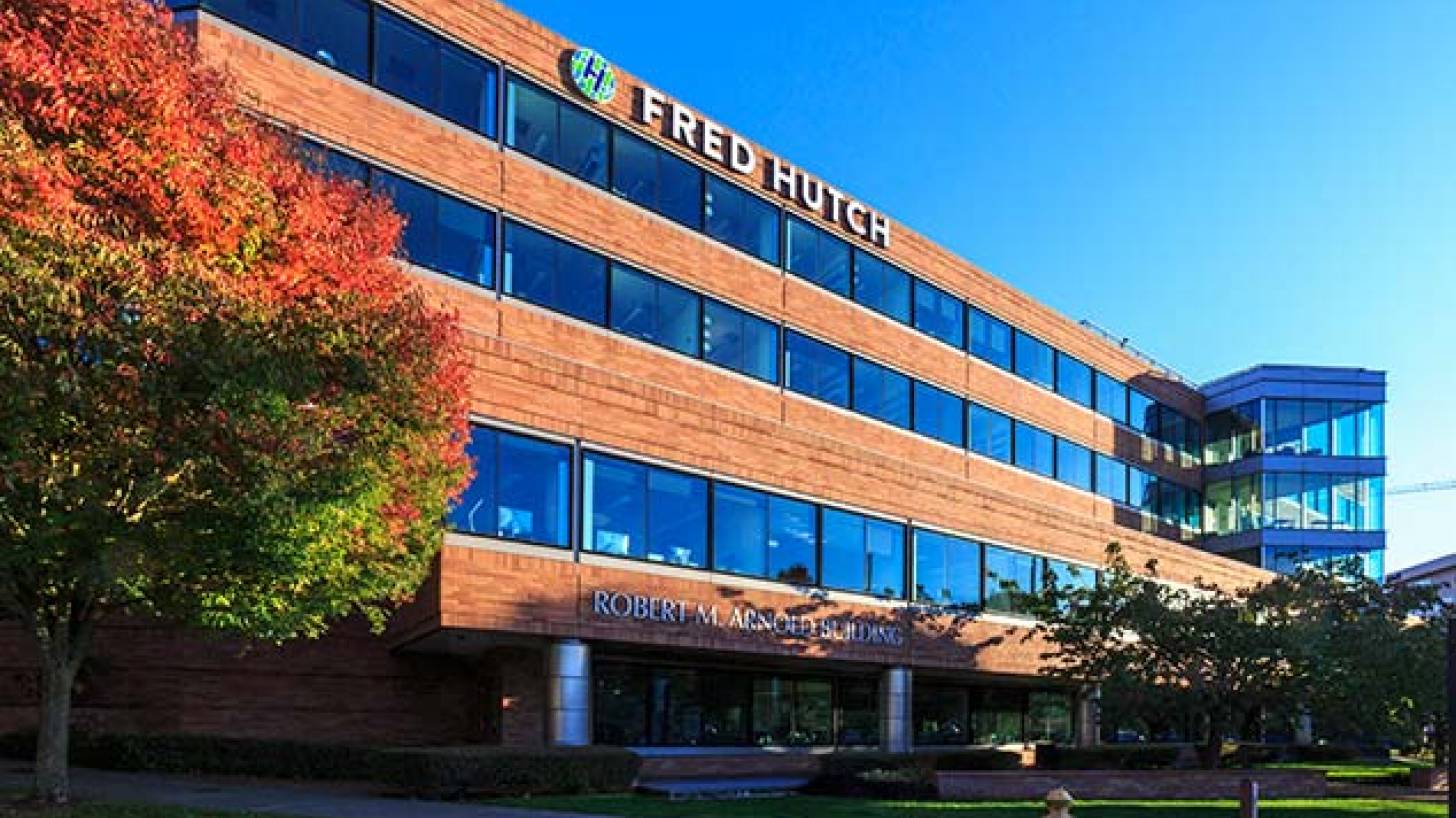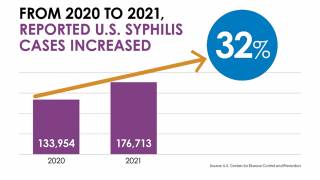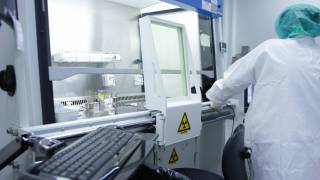Herpes Gene Therapy Further Refined in Mice

Encouraging news from researchers at Fred Hutchinson Cancer Center in Washington recently showed that an experimental gene therapy for herpes simplex virus infections may suppress the amount of transmissible virus.
Drs. Keith Jerome and Martine Aubert, the virologists leading the research effort, reported the innovative treatment dramatically reduced or even eliminated viral shedding in treated mice compared to controls.
During multiple experiments, the researchers found substantial reductions in oral and genital viral shedding in the treated mice, with many of those treated showing no detectable virus shed.
This is an important milestone since the U.S. FDA has not approved any herpes prevention vaccine as of October 4, 2022.
"If you ask people living with Herpes simplex virus (HSV) what they care about, what they care most about is whether they have to worry about giving this virus to someone else, and shedding is how that happens," Dr. Jerome said in a media release issued on September 26, 2022.
Previously, Jerome and Aubert reported that the experimental drug could eliminate more than 90% of the latent herpesvirus in nerve clusters near the faces of the mice injected with the enzyme-carrying adeno-associated viruses (AAVs).
In this new study, they describe how they have tested the therapy for the first time to treat infections in a cluster of nerves called dorsal root ganglia near the genital tract of mice.
They found the experimental therapy reduced the latent herpes virus by about 97%.
These results reinforce the curative potential of gene editing for latent orofacial and genital HSV disease, and provide a framework for additional safety studies before human trials can begin, wrote these researchers in a non-peer-reviewed study published on September 26, 2022.
HSV establishes latency in ganglionic neurons of the peripheral nervous system, from which it can reactivate, causing recurrent disease and possible transmission to a new host.
Current anti-HSV therapy does not eliminate latent HSV and thus is only suppressive rather than curative.
These researchers developed a potentially curative approach to latent HSV infection and pathogenesis based on gene editing using HSV-specific meganucleases delivered by AAV vectors.
This non-human study's results demonstrated that a dual meganuclease therapy, composed of two anti-HSV-1 meganucleases delivered by a triple AAV serotype combination (AAV9, AAV-Dj/8, AAV-Rh10), can eliminate up to 97% of latent HSV DNA from ganglia in both ocular and vaginal mouse models of latent HSV infection.
Using a novel pharmacological approach to reactivate latent HSV-1 in mice with the bromodomain inhibitor JQ-1, they demonstrated that this reduction in ganglionic viral load leads to a significant reduction of viral shedding from treated vs. control mice, with many treated mice showing no detectable virus shedding.
In general, the novel therapy was found well tolerated, although dose-ranging studies showed hepatotoxicity at high AAV doses, consistent with previous observations in animals and humans.
Also, in agreement with previous literature, they observed subtle histological evidence of neuronal injury in some experimental mice, although none of the mice demonstrated observable neurological signs or deficits.
The Hutch scientists noted that this study's positive news is tempered by recent concerns within the gene therapy field about the potential for therapies using AAVs to cause liver and nerve damage.
Jerome and Aubert are still hopeful that they can get FDA approval to test the therapy in humans in an early-stage clinical trial before the end of 2023.
The work was funded by the U.S. NIH, the Caladan Foundation, and more than 1,600 individual donors. Cellectis developed the meganucleases used in this research.
Disclosure note: Fred Hutch and certain of its scientists may benefit financially from this work in the future.
PrecisionVaccinations publishes fact-checked, research-based vaccine news manually curated for mobile readers.
Our Trust Standards: Medical Advisory Committee
























